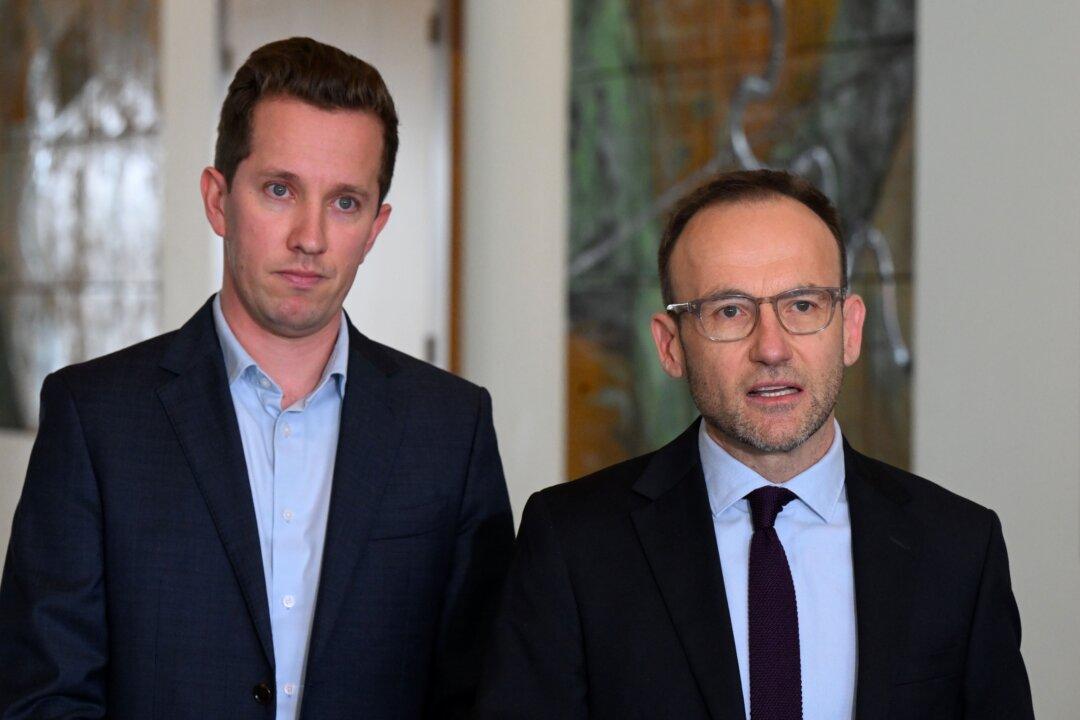On the last day of Parliament for 2024, the Greens finally announced their support for the Future Made in Australia (Production Tax Credits and other Measures) Bill, which means it will likely have an easier path to being legislated.
Green Leader Adam Bandt said sectors like green hydrogen, critical minerals, and green steel would create jobs in regional Queensland and Western Australia, which are heavily dependent on coal and gas industries.





